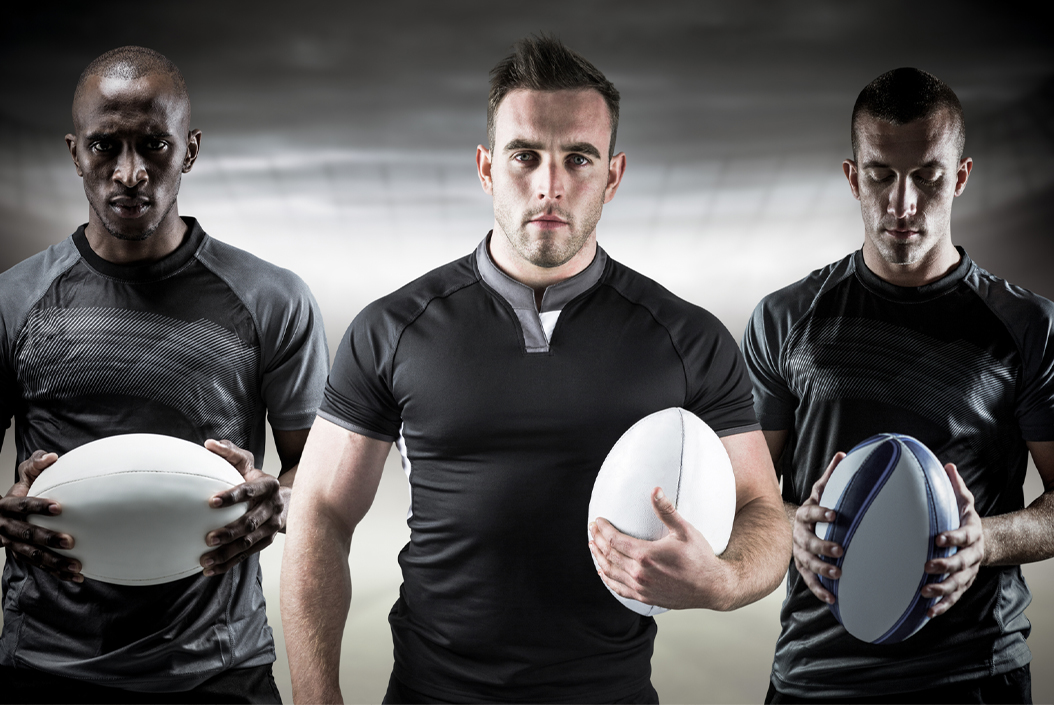The Rugby World Cup kicks off this September, and with the warm-ups well underway, we explore the brutal rugby injuries suffered in this high-intensity sport.
As many as 1 in 4 players will be injured this season with 40% of injuries mere strains and bruising for these ultra-hard players, who quickly recover and continue on with the game.
Dislocations, fractures, lacerations, and overuse injuries can quickly bring down any man mountain. The issues we find with rugby injuries is not the injury itself, nor the recovery, but the lasting effect the injury has on your body when players continue playing through pain.
Overall the high-impact nature of rugby means that the sport is highly associated with injury.
26% of veteran players resign from the game due to injury. 80% of those had some kind of injury to the knee and studies show players are at greater risk of developing arthritis and other musculoskeletal problems than the general population.
What effect does rugby have on the knees?
Stop and start play puts a huge amount of strain on the knees, not to mention most tackles occur on the lower half of the body. Swift changes in direction, falls and dispersing the 16 stone of weight (the average weight of an English player) can leave the knees the most vulnerable part of the body.
The most common injuries we treat are –
- Meniscal tear
- LCL tears (Lateral Collateral Ligament tears)
- Anterior Cruciate Ligament tears
- Medial Collateral Ligament tears
Treatment for a sustained injury or long term damage can be a combination of physiotherapy and ultrasound-guided injections.

What effect does rugby have on your shoulders?
Rugby players also run the risk of shoulder injuries. Direct blows from other players result in 49% of injury episodes in rugby matches.
These common shoulder injuries:
- Bony Bankart
- Soft Tissue Bankart
- Posterior Labral Tear
- Slap tear/lesion
- Partial Cuff Tear
are all “instant” injuries we can treat successfully with a combination of steroid injections and physiotherapy.
We also treat conditions which affect the shoulder long term –
- Acromioclavicular joint (AC joint)
- Calcific tendonitis
- Impingement/Bursitis
- Biceps tendinopathy
- Rotator cuff tendinopathy
We are able to assess the shoulder and perform a diagnostic ultrasound scan.
Our ultrasound guided injections can be performed on the hips, knees, ankles, hands and wrists and can cover many conditions.
As with most sports, playing rugby can leave you open to injury or long term aches and pains, however, physical activity can improve musculoskeletal health and mental wellbeing.
It is important to understand your body’s limits and when it’s time to step back and recover from injury.
Most if not all injuries sustained during a game will continue to affect you throughout your life if you do not seek treatment.
We hope you all enjoy this year’s Rugby World Cup!
If you are suffering from a rugby injury and cannot see the condition here, check out our injections by anatomical region page. Here you can find a full list of common conditions treated by ultrasound-guided injections as well as physiotherapy.
If you have any other questions and would like to speak to us directly about an injury or condition, call us today on 020 74823875. Or, pop over to our contact page, where you can leave a question.


